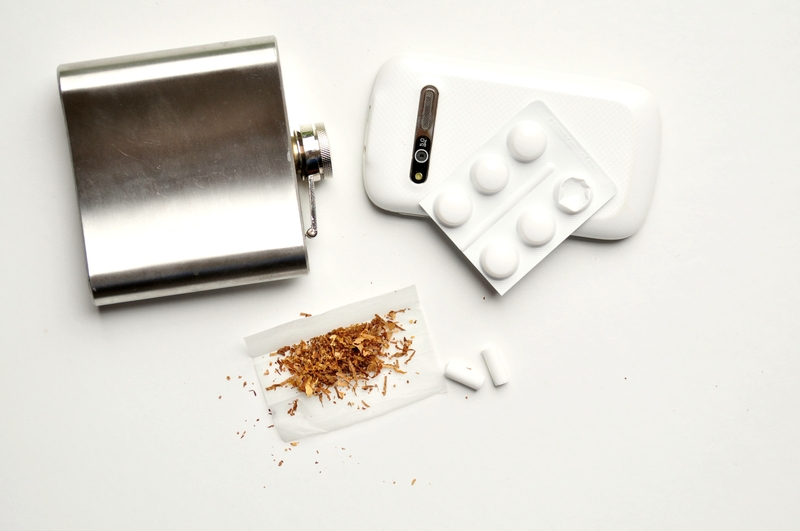Serious Common Addictions
Addictions come in a wide range of forms and anyone can fall prey to becoming addicted. While a one-time splurge may seem like no big deal, it is these small things that can quickly spiral out of control. A seemingly harmless habit can quickly turn into a need that takes hold of one’s life. Watch out for these common addictions, as they are known for getting people hooked fast and being hard to break.
10. Smoking

Cigarettes are addictive because they contain nicotine. Nicotine works to temporarily boost the body and brain by initiating the release of adrenaline. This offers a temporary buzz, making the smoker more alert and triggering a short-term high. When it wears off, the mood fades and it is not long before another cigarette is wanted.
Smoking is known for causing various forms of cancer and diseases, as well as posing health risks to those who inhale the smoke second-hand. It also causes problems with fertility, promotes tooth decay, and has negative effects on vision. Every part of the body could be affected by smoking, with no benefits gained, making it a habit to steer clear of.
